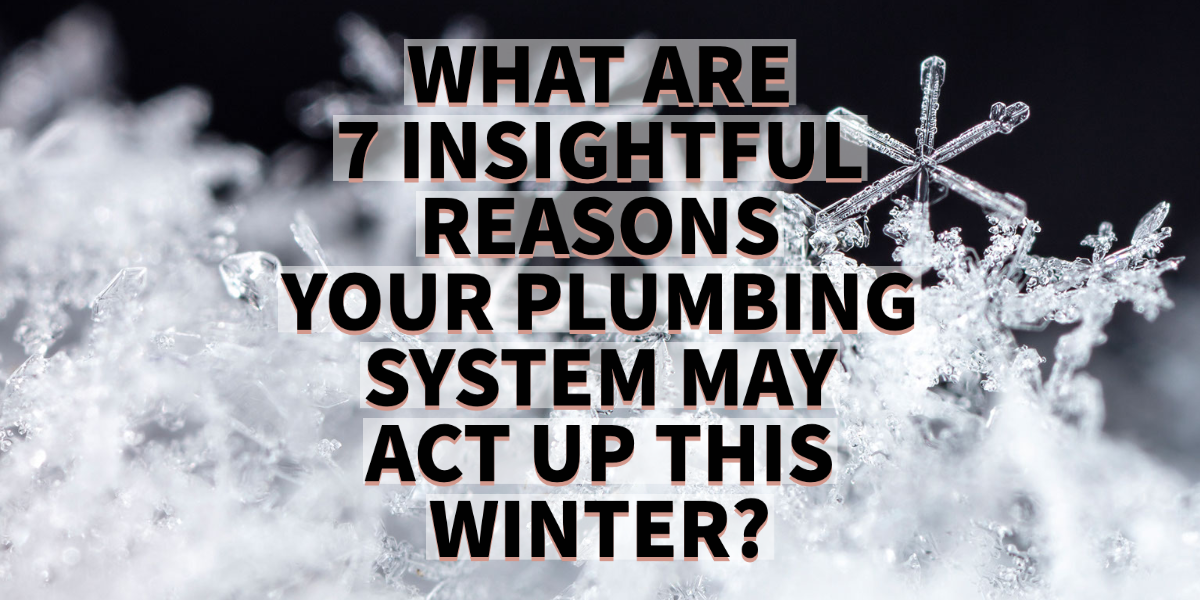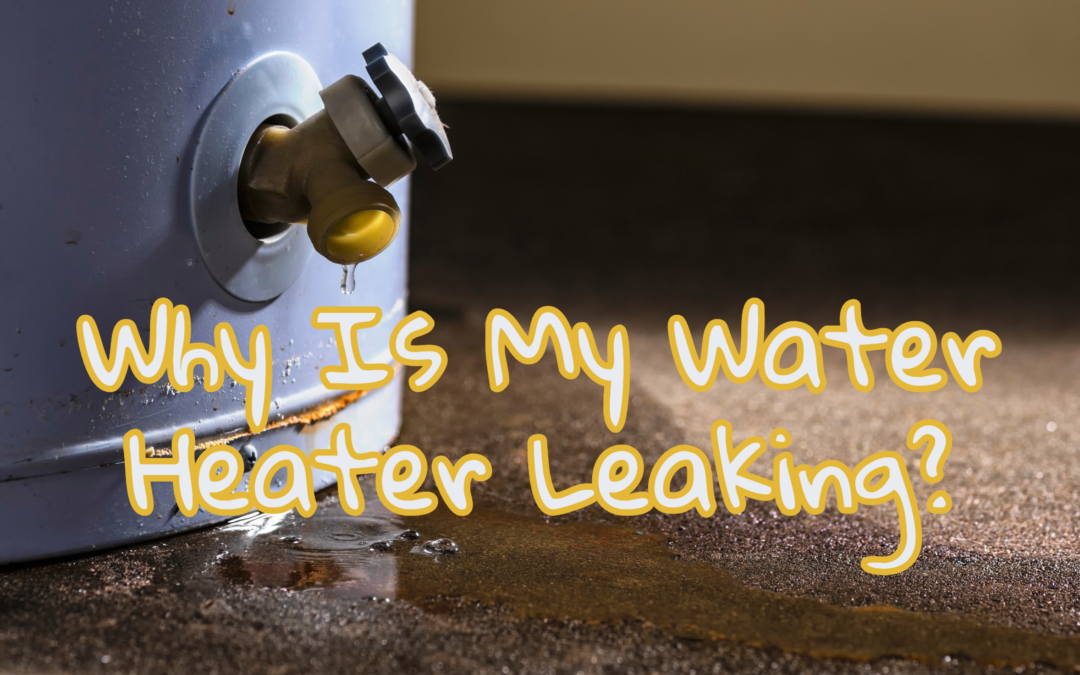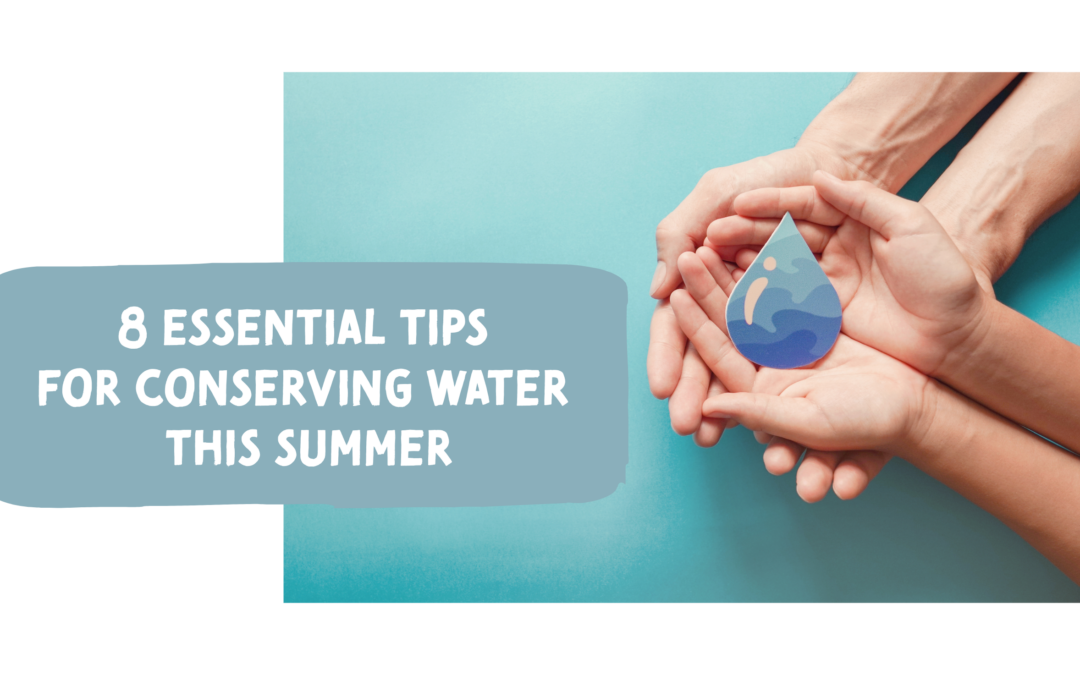As winter announces its presence, we start to remember the bone-chilling temperatures that come along with it. But just like how people react differently to cold weather – some love it and some not so much, plumbing systems also respond in their own way. And even if you take all the preventative measures possible, part of being a homeowner is understanding that there will always be an element of unpredictability. But don’t fret; Five Star Dayton Plumbing is here to talk about the seven most common plumbing issues that occur in the winter. Though you may not be able to completely avoid unfortunate scenarios from happening, understanding the source of the most common issues can help you plan accordingly and reduce the chances of them surfacing this winter.
DO YOU HAVE PROBLEMS WITH YOUR WATER HEATER?
Every winter, the temperature drops, and water heaters are utilized in full force. Keep in mind when it’s cold out, your heater has to compensate for the colder weather by working harder, which often causes it to get overworked. Remember to have your water heater inspected and cleaned annually by a professional. Another good thing to keep in mind is that if you feel that your water could be a bit warmer, you can raise the temperature a few degrees, if necessary, but never more than 125 degrees, as it becomes unsafe at that point.
DO YOU HAVE FROZEN PIPES INSIDE OF YOUR HOME?
If the temperature outside is extremely cold, your pipes may freeze. This happens when metal meets cold air and water, the result being built-up pressure that causes frozen pipes. Frozen pipes are also more likely to burst open, which obviously isn’t ideal. To prevent this from happening, leave your faucets slightly open on very cold nights so water can flow and not freeze.
Did you know that leaving your cabinet doors open under the sink can actually heat up the pipes from the inside? And using operational valves can reduce pressure in your pipe system. Always remember that water damage can have both short and long-term consequences, as any possible water damage may lead to expensive repairs down the road. Meaning slight water damage now may not seem like a huge deal, but it could be in the long run. So, not only will you have to pay for repairs, but you may also need to replace everything that has water damage.
DO YOU HAVE A CLOG IN YOUR KITCHEN DRAIN?
The winter holidays are a busy time for the home kitchen, so be sure to take care of your kitchen drain. With all the cooking, baking, and hosting that goes on during this season, it’s more important than ever to make sure your sink and garbage disposal are in good working order. You don’t want to deal with a clog midway through making dinner for your holiday guests. You can prevent this unfortunate scenario by regularly cleaning your garbage disposal. You can even buy special tabs to help with this; just make sure you follow the instructions exactly. Secondly, don’t pour grease, thick fluids, or other improper foods down the drain. Also, to stop guests from clogging up your sink with food during parties, place a trashcan in front of or near the sink as a signal for them to throw their scraps there.
DO YOU HAVE AN ISSUE WITH YOUR SUMP PUMP?
While it’s best to test your sump pump before winter, you can still do so now and ensure its efficacy. With all the snow always being a possibility, once it starts to melt, you will need your sump pump to function well. Having a working sump pump is crucial during this time, as dealing with a flooding situation is never fun. A couple of things to keep in mind: if your sump pump is located in the basement, also maintain the temperature there to prevent it from freezing. Secondly, clean the area around the sump pump so that dust, debris, and other particles (like pet fur) don’t accumulate and potentially clog up your sump pump. Lastly, to test it directly, pour water into the pit to see if the float activates and responds properly.
DO YOU HAVE A FROZEN SEPTIC TANK?
As unbelievable as it may sound, septic tanks can freeze over in the wintertime. Because of this, we recommend checking to see if your septic tank is properly covered and prepared for colder weather. A frozen septic tank is a plumbing issue that many people face during winter, but there are some easy prevention methods you can use to reduce the chances of this happening to you. Frozen septic tanks often cause backups in homes, so don’t wait to try these tips:
- Ensure that the ground above the septic tank doesn’t have any erosion. If it does, you may need to add more soil on top. Just make sure not to press down too hard so that the new soil is compacted.
- Not only is straw an excellent insulator, but it’s also affordable. After you’ve confirmed that the soil layer is adequate, top it off with straw to insulate your tank further.
DO YOU HAVE FROZEN PIPES OUTSIDE OF YOUR HOME?
Just because your pipes are outdoors doesn’t mean they’re automatically safe from freezing and potential bursting. Be sure to disconnect, drain, and store any garden hoses you have before winter really sets in. If it’s already mid-winter, it’s okay; you can still take measures to protect your outdoor fixtures, like using foam hose bibs for extra insulation around the outdoor faucet.
Lastly, remember to turn off your outdoor faucets too. Water damage is most common on exterior walls since they typically do not have the same protection as interior walls. So, when water from outdoor pipes freezes and expands, it can cause cracks and pipe deformation, which leads to leaks in places inside your wall that are difficult to reach. Unfortunately, homeowners usually don’t realize there’s a problem until the damage has already been done.
DO YOU HAVE ANY CLOGGED OUTDOOR DRAINS?
Outdoor drains are vulnerable to being frozen and broken if they are made out of plastic. If this is the case with your outdoor drains, it’s best to replace them with metal pieces. Plastic gets brittle under freezing temperatures which then causes the weight of ice to make them break. And most importantly, keep the area around the drains clear from any outdoor debris such as leaves, twigs, and other loose particles so that when the snow melts, it can drain properly.
Because water freezes and expands in pipes, drains, fixtures, etc., your plumbing system is more vulnerable during the cold winters that Ohio is so notorious for. However, if you keep these tips and tricks provided by your loyal Five Star Dayton Plumbing professionals in mind, you can avoid potential plumbing issues altogether. Don’t hesitate to call us at (937) 230-6506 or schedule an appointment online now by clicking here!




